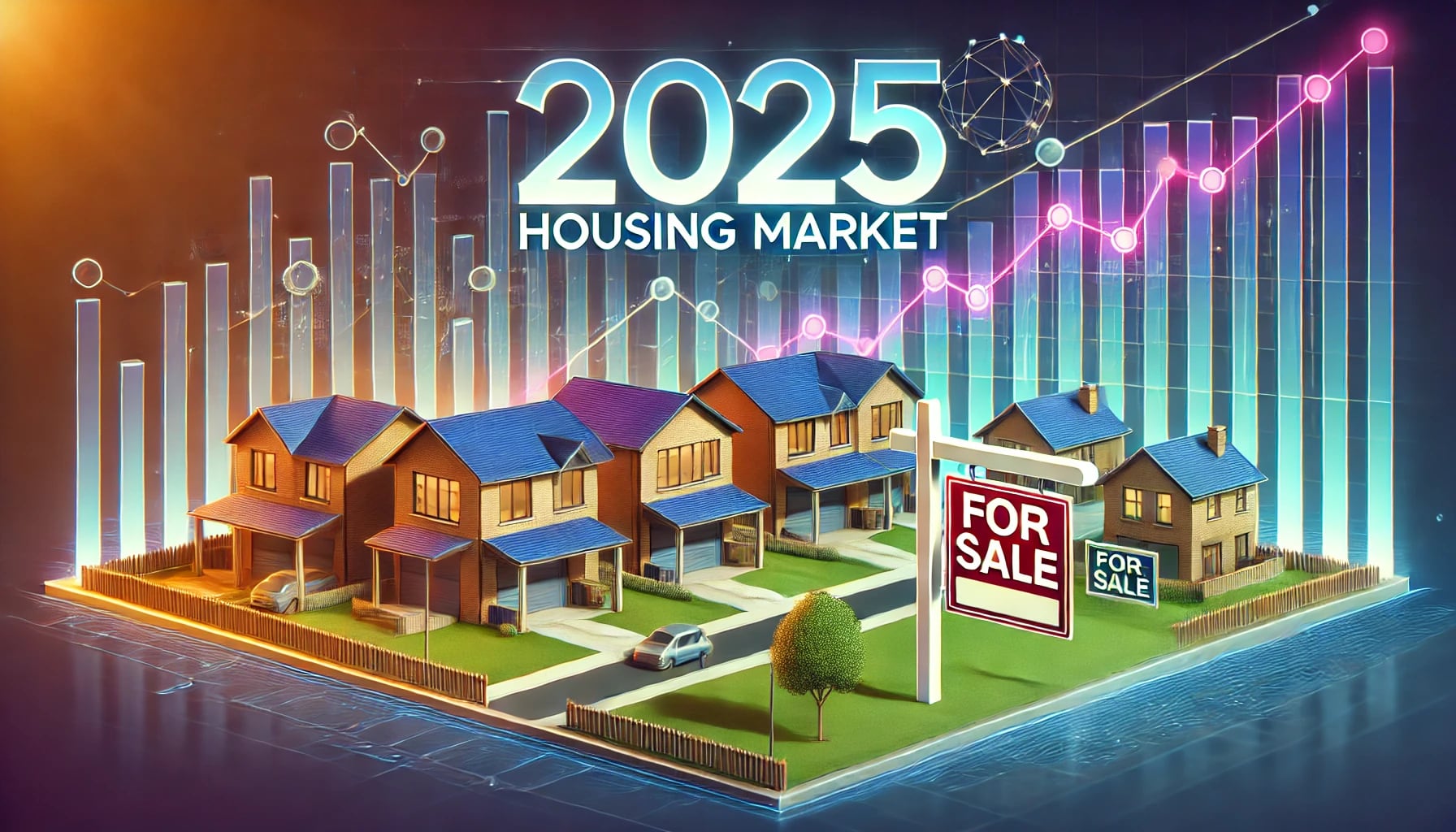First American Deputy Chief Economist Odeta Kushi has outlined five key forecasts for the 2025 housing market. These predictions focus on mortgage rates, home prices, inventory levels, home sales, and new construction trends.
Overview of the 2025 Housing Market
According to Kushi, while progress is expected, the market will remain challenging. In 2024, mortgage rates exceeded 6%, limiting affordability despite the Federal Reserve initiating a rate-cutting cycle in September. Existing-home sales struggled to surpass 4 million, and housing inventory remained historically low. Kushi describes the 2025 outlook as an improvement but not a full recovery.
Localized Market Dynamics
The housing market has shifted from the pandemic-era boom to more localized trends. Markets with higher levels of building activity and inventory may experience greater affordability, supporting increased sales. However, continued volatility in mortgage rates and the "lock-in effect"—where homeowners with low-rate mortgages are hesitant to sell—are expected to hinder a full recovery.
Key Predictions for 2025
Mortgage Rates and Affordability
Despite the Federal Reserve’s rate-cutting efforts, inflation and economic resilience may slow the pace of reductions in 2025. Mortgage rates are likely to remain above 6%, although they may decrease slightly if the Fed’s policy outlook becomes clearer. Positive wage growth, combined with moderating house price appreciation, could lead to modest improvements in affordability.
House Price Trends
National house prices rose in 2024 at a steady rate of 3.9%, according to First American’s Home Price Index. Increased inventory and robust labor market conditions have supported moderate, single-digit price growth. Projections suggest that while total months’ supply may increase slightly in 2025, prices will likely continue to grow at historical rates of 3% to 4% annually.
Inventory Challenges
Housing inventory improved slightly in 2024, with turnover rising from 1.2% to 1.3%. However, inventory remains below historical norms, with the "lock-in effect" limiting the number of existing homes entering the market. Although moderate growth in inventory is expected in 2025, pre-pandemic levels are unlikely to be achieved.
Existing-Home Sales
Existing-home sales are forecast to improve gradually in 2025, driven by declining mortgage rates and significant pent-up demand. Between 2022 and 2024, sales fell short of the pre-pandemic five-year average by about 3 million annually. While the "lock-in effect" will continue to restrict supply, a gradual recovery is anticipated.
New-Home Market Performance
The supply of new homes reached its highest level since 2007, offering an alternative to the limited existing-home inventory. Builders have employed strategies such as mortgage rate buydowns and price reductions to attract buyers. New construction is expected to remain concentrated in Sun Belt regions, where demand is strongest. In these markets, newly built homes are likely to appeal to prospective buyers seeking affordability and availability.
Conclusion
The 2025 housing market is anticipated to make meaningful progress, though challenges persist. Improvements in affordability, modest house price growth, and a growing new-home market are expected to contribute to a more balanced housing environment, even as inventory constraints and mortgage rate volatility remain influential factors.


